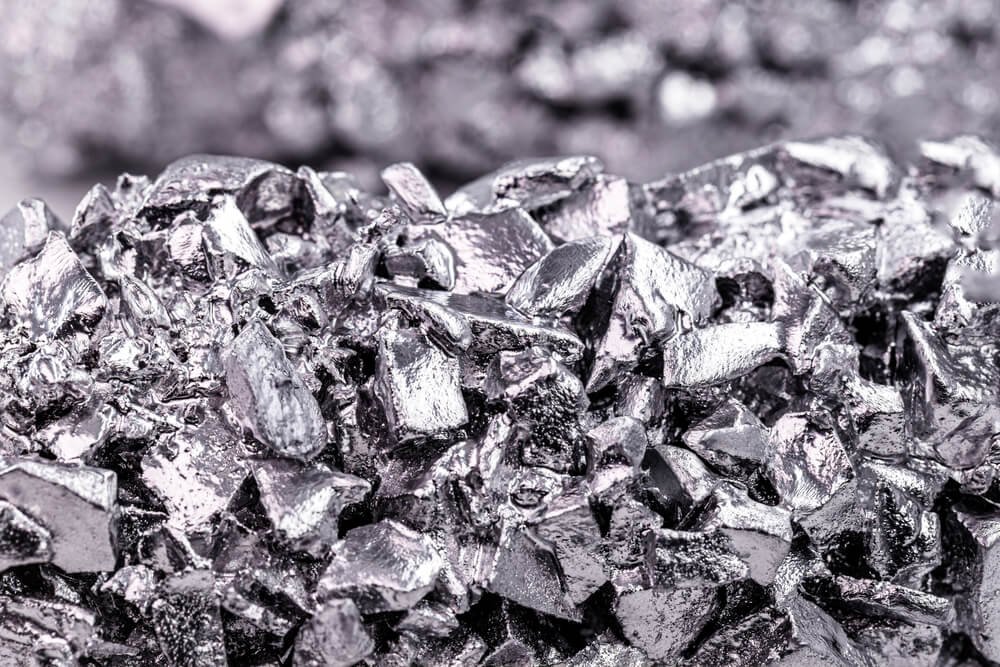EU Reduces Russian Titanium Imports Amid Rising Monthly Supply

The European Union has reduced its titanium imports from Russia by 22% year-on-year, totaling 2,461 tons in the first five months of 2024, according to Eurostat data. Despite this annual decrease, May saw a significant increase in supplies by nearly a third compared to April, reaching 578 tons. Notably, France increased its imports from Russia 3.4 times to 266.6 tons, Italy more than doubled its imports to 32.3 tons, and Germany's imports rose by 20% to 213 tons.
Following the start of the war in Ukraine, major aircraft manufacturers like Boeing and Airbus announced plans to eliminate Russian titanium from their supply chains. Boeing ceased purchases in March 2022, and Airbus followed suit in December of the same year. Reports indicated Airbus has since sourced more titanium from the U.S. and Japan.
Although the EU has not banned Russian titanium imports, the U.S. Department of Commerce added Russia's VSMPO-AVISMA Titanium Corporation to the Export Administration Regulations (EAR) list in September 2023, requiring the company to obtain special licenses for export transactions.
VSMPO-AVISMA, the world's largest full-cycle titanium producer, is primarily owned by Mikhail Shelkov and Rostec State Corporation. The company's main facilities in Verkhnyaya Salda produce about 72,000 tons of titanium ingots annually. In 2021, VSMPO-AVISMA accounted for approximately 90% of Russia's titanium ingot production.In 2020, the EU accounted for over a quarter of VSMPO-AVISMA's exports, totaling 10,212 tons. Russia's share of EU titanium imports in 2021 was about 16% for finished products and 9% for primary raw materials. However, by 2023, these exports had decreased by 20% to 6,410 tons.
Before the conflict in Ukraine, VSMPO-AVISMA supplied up to 65% of Airbus' and 35% of Boeing's titanium needs, along with 100% of Brazilian Embraer's requirements. The company also had significant dealings with Rolls-Royce and Safran and a joint venture with Boeing.
Independent industrial expert Leonid Khazanov attributes the monthly increase in titanium imports from Russia to limited EU production capacities. Maxim Khudalov of Vector X suggests that a complete EU shift away from Russian titanium could be feasible within 5-7 years without major economic risks, but an earlier transition might disrupt airliner supplies. William George of Import Genius warned that halting Russian titanium could endanger operations critical to EU national defense and civil aviation.
The surge in May imports to France and Italy likely reflects strong local engineering demand, with France's Safran Group experiencing a shortage of the metal. Analyst Yaroslav Kabakov notes that Russia is improving product quality, citing VSMPO-AVISMA's new forging complex with a 4,000-ton annual capacity launched in June.
Kabakov predicts that Russian titanium imports to the EU in 2024 will remain at 2023 levels or see a slight increase due to high demand, while Khudalov estimates a possible reduction to 5,000-6,000 tons, depending on new sanctions.





